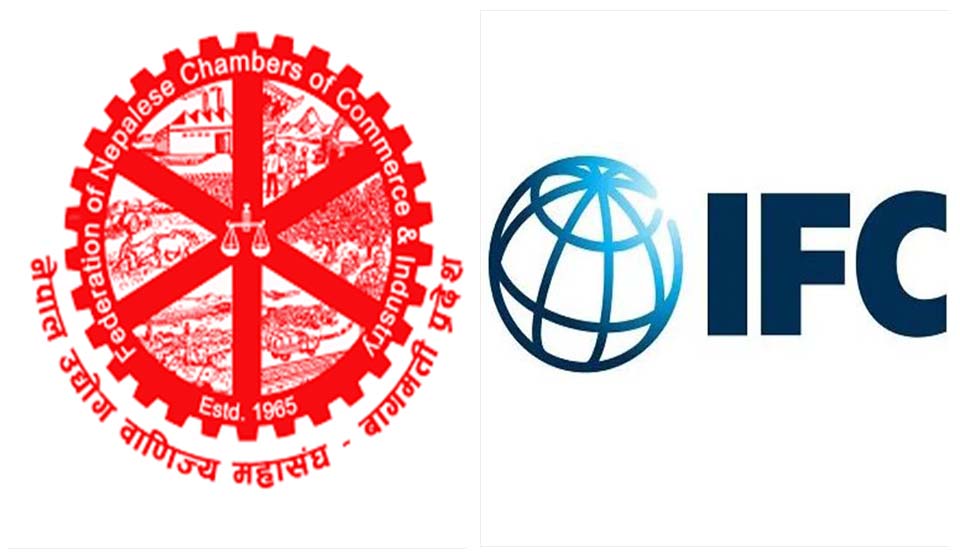KATHMANDU, Feb 17: The government has been suggested to invest on social and policy research and collaborate with the private sector and innovative groups to utilize the benefits of the fourth industrial revolution.
Speakers at a discussion on 'Artificial Intelligence (AI) for Media and Business' organized by the Ministry of Education, Science and Technology in the capital city on Monday emphasized the benefits of AI in various sectors and prodded the Ministry and bodies concerned to measure the readiness for AI and make proper gap analyses.
At the discussion organized as a pre-event to the Nepal Artificial Intelligence Conference (NAIC 2020) proposed for coming June, Dean at Open University, Indra Karki, said students were complaining of the dearth of data in Nepal and urged the Ministry to pay heed to this need. "AI experts must be mobilized properly," he added, informing that the Open University had launched MPhil in ICT.
Environmental scientist Uttam Babu Shrestha questioned why the Digital Nepal Framework missed the IT in environment and climate change. Research is also the area the activities under AI should not miss, he stressed.
FNCCI and IFC join hands to produce a report on state of privat...

On the occasion, former minister for technology and ruling party leader Ganesh Shah informed that the government was going to organize the Nepal AI Conference to create digital awareness among public and frame policy on AI. "AI is now a young generation agenda. It is the most interesting and important issue of the fourth industrial revolution," he said, adding that the government was seeking active cooperation from the private sector to the conference and on implementation of Digital Nepal Framework.
Undersecretary at the Ministry of Information and Communications Technology, Dr Ram Govinda Aryal, made presentation on the Digital Nepal Framework which the government had unveiled with the vision of 'digital Nepal for good governance, development and prosperity'. "The Framework has adopted public-private partnership approach to unlock the potential of digital technologies for economic prosperity," he said, pointing out the need of policy reforms in line with the Framework.
Various 80 digital initiatives are included under eight clusters ranging from education to health, energy and urban infrastructures in the framework.
Similarly, scientist Bisesh Khanal made a presentation on AI, its potential and challenges in Nepal. "Nepal failed to reap benefits of three industrial revolutions. So, we must not miss the ongoing fourth industrial revolution where AI is in the centre," he said, adding that developed countries were framing and revising AI policy, but developing countries too cannot stay away from global development of AI.
According to him, Nepal has challenges galore as realization and internalization of true nature and potential of AI, foundation of research and entrepreneurship, shortage of human resource and knowledge, and philosophical and ethic issues. He hoped that the coming Nepal AI Conference would be a proper platform to create awareness on importance of AI for developing countries like Nepal.
Khanal argued that AI is taken as a tool to democratize innovation. Targeted advertisement on Facebook, imaging and area inspection of fetus in womb with ultrasound, chatbots, measurement of pesticide level in vegetable, risk prediction on crop are some examples of AI use, he informed.
Machine learning and deep learning are also some parts of AI, the scientist shared, cautioning, "Uncertainty is however intrinsic feature of AI." Former government official Rudra Suwal pointed out the need of data depository with facilitation on part of the government.
Other issues that featured significantly during the discussion were Nepal's readiness for AI adoption, close collaboration between policy makers and IT experts, persuasion to political leadership and bureaucracy about value of IT and AI massive digital/internet literacy, adoption of multi-stakeholders approach, need of knowledge economy and innovation economy.





































